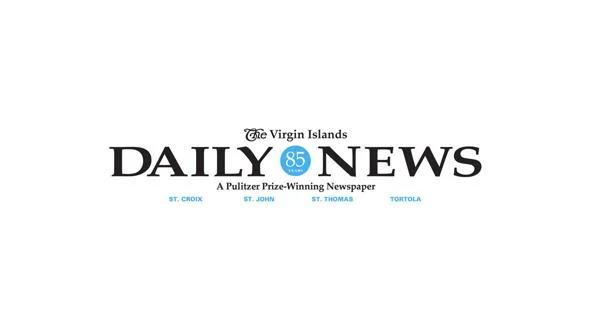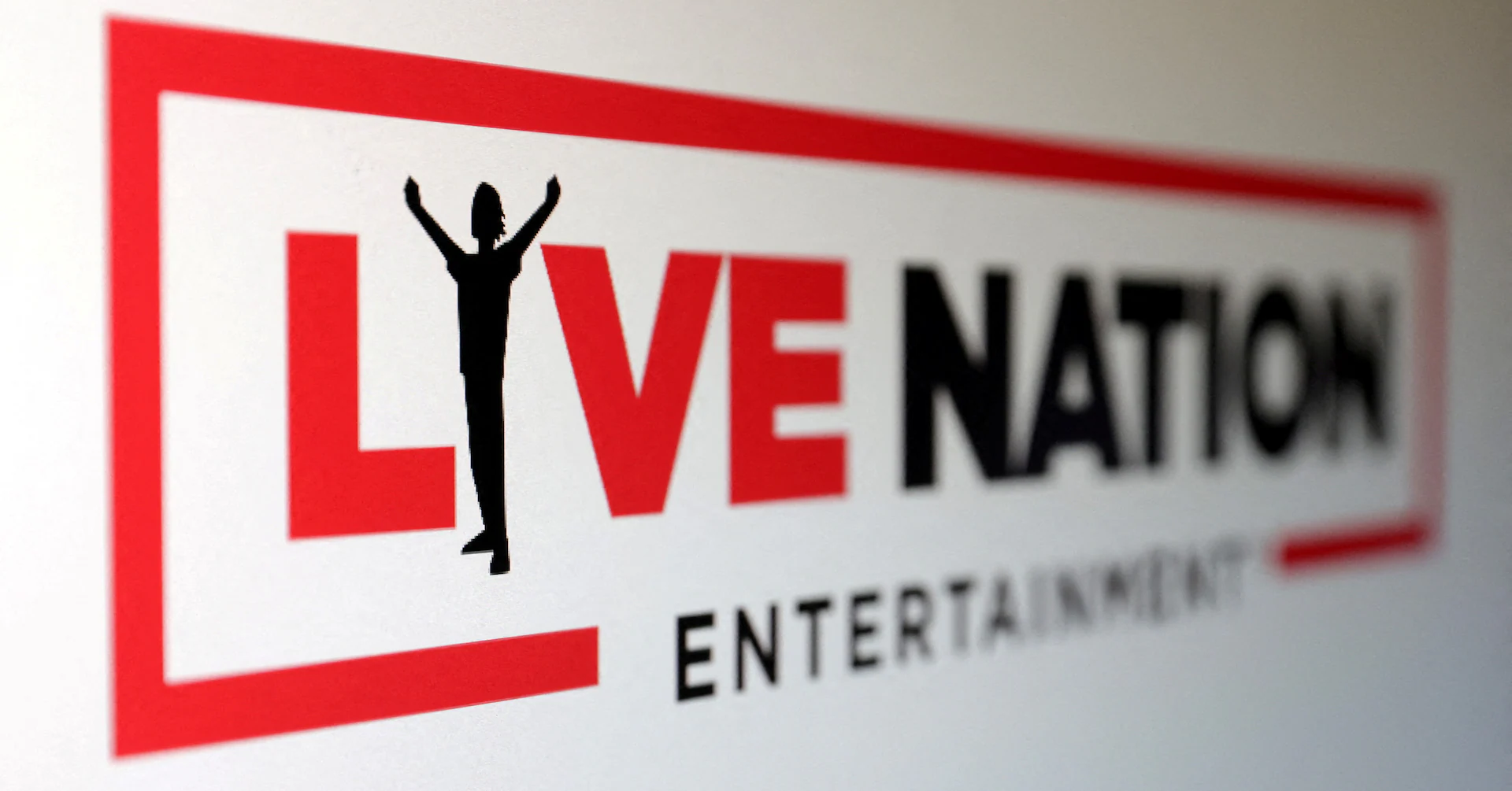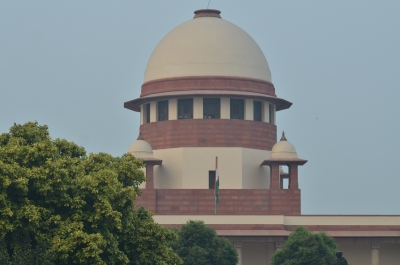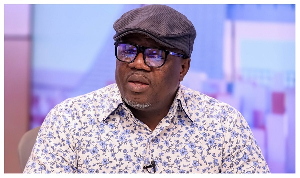Copyright virginislandsdailynews

The Finance Department released additional information about how the V.I. government is spending the nearly $179 million received from civil settlements with Jeffrey Epstein’s estate and associates, and Gov. Albert Bryan Jr. indicated on Monday that some of the funds will be left up to the next administration. “I will leave office with at least $60 million to $70 million of that money sitting in the bank. I don’t intend to start any of those other projects,” Bryan said. The Daily News had been requesting information from government officials on how the money is being spent for months, but Finance Commissioner Kevin McCurdy and others did not respond. Bryan, in a brief email on Oct. 21, in response to questions, wrote that “Most of this money has not been spent as yet. Commissioners, please send her the information.” Six days later, Christopher McDonald, the Finance Department’s chief of staff, provided some information via email, noting that “As of the latest reporting period, total expenditures from the Epstein Settlement Funds amount to $53,741,663.66. The disbursements were made to support outstanding obligations, settlements, and key government operations in alignment with Act No. 8920.” The information McDonald provided included a breakdown of $53.74 million in expenditures to date, including: • $22 million for retroactive payments to government employees • “third-party fiduciary final payment” of $1.19 million • $2.9 million to the Bureau of School Construction & Maintenance • $6 million to Pafford • $5 million to Waste Management for vendor payments • $6.5 million to each hospital • $1.8 million for the purchase of property to lease to Nana Baby Home • $284,054 to the Department of Health for “Outstanding Payment – Behavioral Facility” • $450,000 to the V.I. Department of Planning and Natural Resources for environmental damages Some of the projects outlined in the laws have not yet been funded, including $18 million to complete a behavioral health facility in Anna’s Hope on St. Croix, and $3.5 million for completion of renovations on the east wing of the Eldra Schulterbrandt mental health facility on St. Thomas. Act 8920 also gave $10 million to the V.I. Port Authority for construction of a Cultural Center on St. John, and the Authority has not yet responded to questions about that project, or $5 million appropriated in Act 8985 for renovations at the Ann Abramson Pier and Frederiksted beach. That law also appropriated $1.6 million for “renovation, staffing, and supplies for the expansion of the Herbert Grigg Home for the Aged,” including $400,000 in the fiscal year that ended on Sept. 30, 2025. According to McDonald, only $113.73 of that has been expended to date. It’s unclear if that amount includes $33.6 million that had already been spent in the 2024 fiscal year, and McDonald said Thursday in response to questions seeking clarity that “the Department of Finance is working on providing a response,” which had not been received as of press time. It’s also unclear exactly how much of the Epstein settlement money remains available to the government. Bryan mentioned the funding during Monday’s Government House press briefing when he announced his nomination of Magistrate Venetia Velazquez to serve as a V.I. Superior Court judge. Velazquez previously served as an attorney in the V.I. Justice Department and worked on the Epstein litigation, and “she and her team captured over $140 million that is now being used to advocate against trafficking, help with victims of rape, domestic abuse, and also to power things like buying Nana Baby Home, which we did recently,” Bryan said. In addition, “that money, we were using it to secure a line of credit for the recovery, as well as a line of credit we have for day to day business. So, we just renegotiated a line of credit deal with FirstBank and it’s supposed to close within the next week or two, so it will open up some of the money that is left there that we want to access for education,” Bryan said. The V.I. Justice Department sued Epstein’s estate after his death in 2019, accusing Epstein and his associates of operating a criminal enterprise and bringing girls as young as 11 and 12 years old to the Virgin Islands for sexual slavery as recently as 2018. According to documents unsealed in a separate case the V.I. government filed against JP Morgan Chase, Epstein obtained more than $300 million in tax exemptions through the V.I. Economic Development Authority between 1999 and 2018, while paying only $40.9 million in taxes. The government’s lawsuit against Epstein’s estate accused him of having obtained the exemptions through “false representations,” and his estate agreed in a 2022 settlement to return “more than $80 million in economic development tax benefits that Epstein and his co-defendants fraudulently obtained to fuel his criminal enterprise,” according to a statement issued by the V.I. Justice Department. JP Morgan agreed to a $75 million settlement, and one of Epstein’s associates, Leon Black, also agreed to pay a $62.5 million settlement to the V.I. government to avoid litigation. The government received additional settlement funding through the sale of Epstein’s private island, Little St. James, and $450,000 to settle environmental violations and illegal building citations on that island and the neighboring Great St. James. The government has sporadically released some information about the settlement funds in the three years since, but specific dollar amounts have been difficult to pin down. The Legislature passed two appropriation bills seeking to control how the funding is being spent, including Act 8920, which Bryan vetoed portions of, and senators voted to force the entire measure into law in October 2024. That law created two funds, the Southern Trust Company Settlement Fund and the Mental Health Healing Trust Fund, and detailed how $69 million of the $178.9 million in total settlement money received from Epstein’s estate and Black should be managed, including specific allocations to a variety of community projects. McCurdy testified during a Senate hearing in February that Epstein-related settlements totaled $254.78 million, of which $182 million was allocated to the territory, and legal fees and charitable donations total $74.74 million. McCurdy also said that $33.6 million of the Epstein funding has been used for “government operations” in the 2024 fiscal year, alarming senators who said they were unaware that the government had already spent so much. “What authority did you guys have to spend the Epstein money?” committee chairman Sen. Novelle Francis Jr. asked at the time. “I believe the master agreement said there’s a portion of the money that goes through the General Fund, and that is the authority that was utilized to transfer that money to the General Fund and the coffers of the Virgin Islands, and the treasury of the Virgin Islands, and we used it to cover expenses as they came about,” including vendor payments, McCurdy said in response. Francis subsequently said that “we’ll have our legal counsel take a look at that and see what’s happening in that space. We have a different view on that, by the way.” In April, senators passed another spending bill that amended Act 8920, and required that $10.5 million of the money spent on vendor payments “must be re-deposited into the STC Settlement Fund by September 30, 2026.” Bryan vetoed that section of the bill before signing Act 8985 into law, and senators did not vote to override the veto. The initial bill provided funding for a variety of critical community projects, including $1.8 million to the Department of Property and Procurement to purchase a property on St. Thomas for Nana Baby Home, which intends to provide additional housing for children and teens through a long-term lease. The bill also provided $200,000 to the nonprofit for outfitting of the new facility, which officials have said is located on the island’s East End. While that project is underway, the status of a variety of other projects is unclear, and Act 8920 revised some of the initial spending plan. For example, a $20 million appropriation to the Bureau of School Construction and Maintenance was cut in half, and $21.5 million appropriated to Public Works for completion of a sports complex in Estate Nazareth was cut entirely, along with $2.5 million appropriated to the EDA for low-interest home repair loans. The second bill made other changes, such as reducing a $5 million appropriation to the local DOJ to $4 million, and providing $6 million to pay outstanding debt to Pafford Medical Services, $22.5 million to the Office of Management and Budget for retroactive public employee wages, $5 million to the V.I. Waste Management Authority for outstanding vendor payments, and $6.5 million to each hospital. The law passed in October 2024 required the government to provide a 30-day report on how much had already been spent, which was not submitted, and it’s unclear if the government has provided an annual report called for in the legislation. It’s also unclear how long Virgin Islanders will have to wait for that money to trickle down to the projects in need of funding, and Bryan said Monday that he’s not pursuing any more of them before he ends his term as governor next year.



